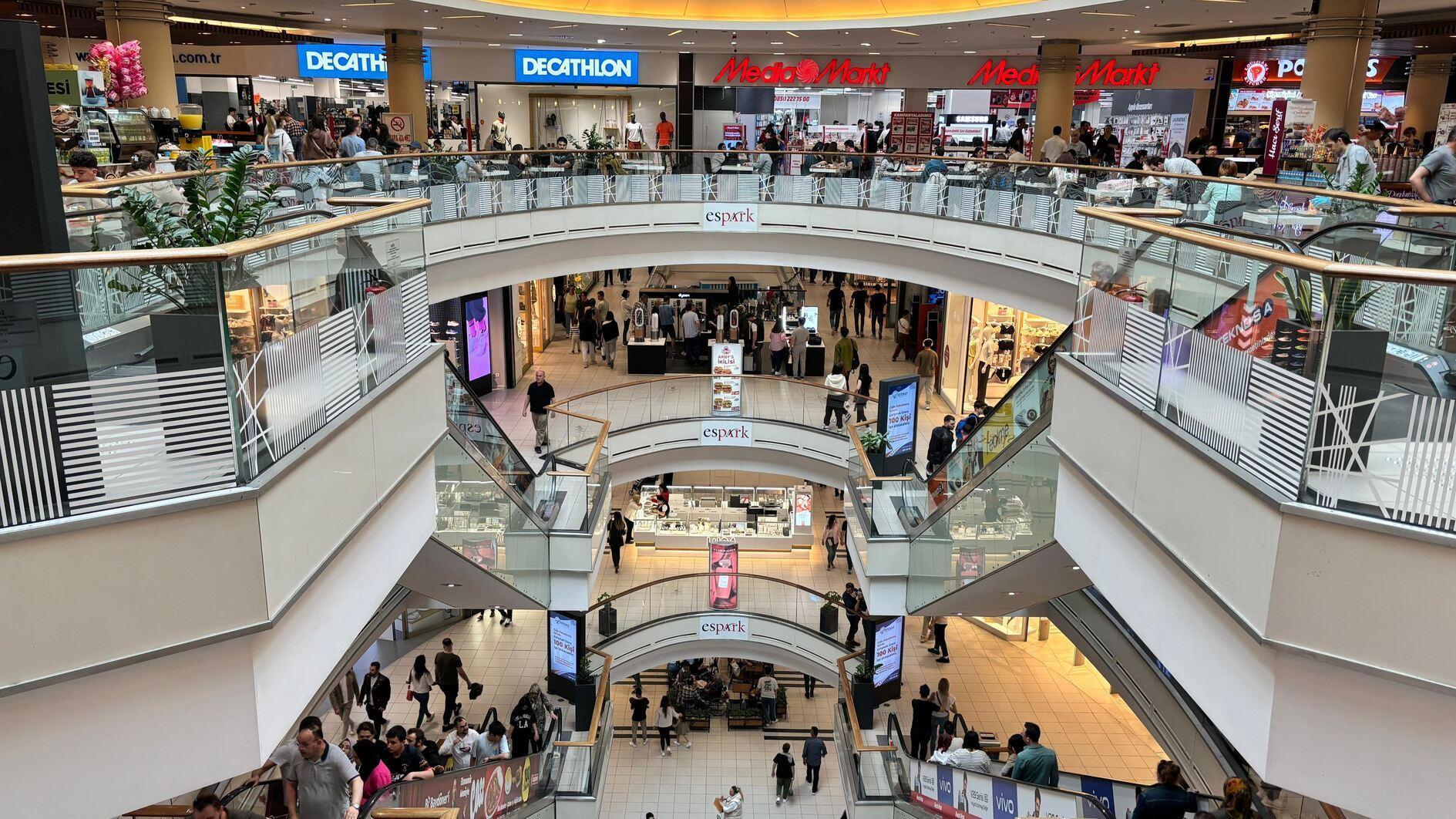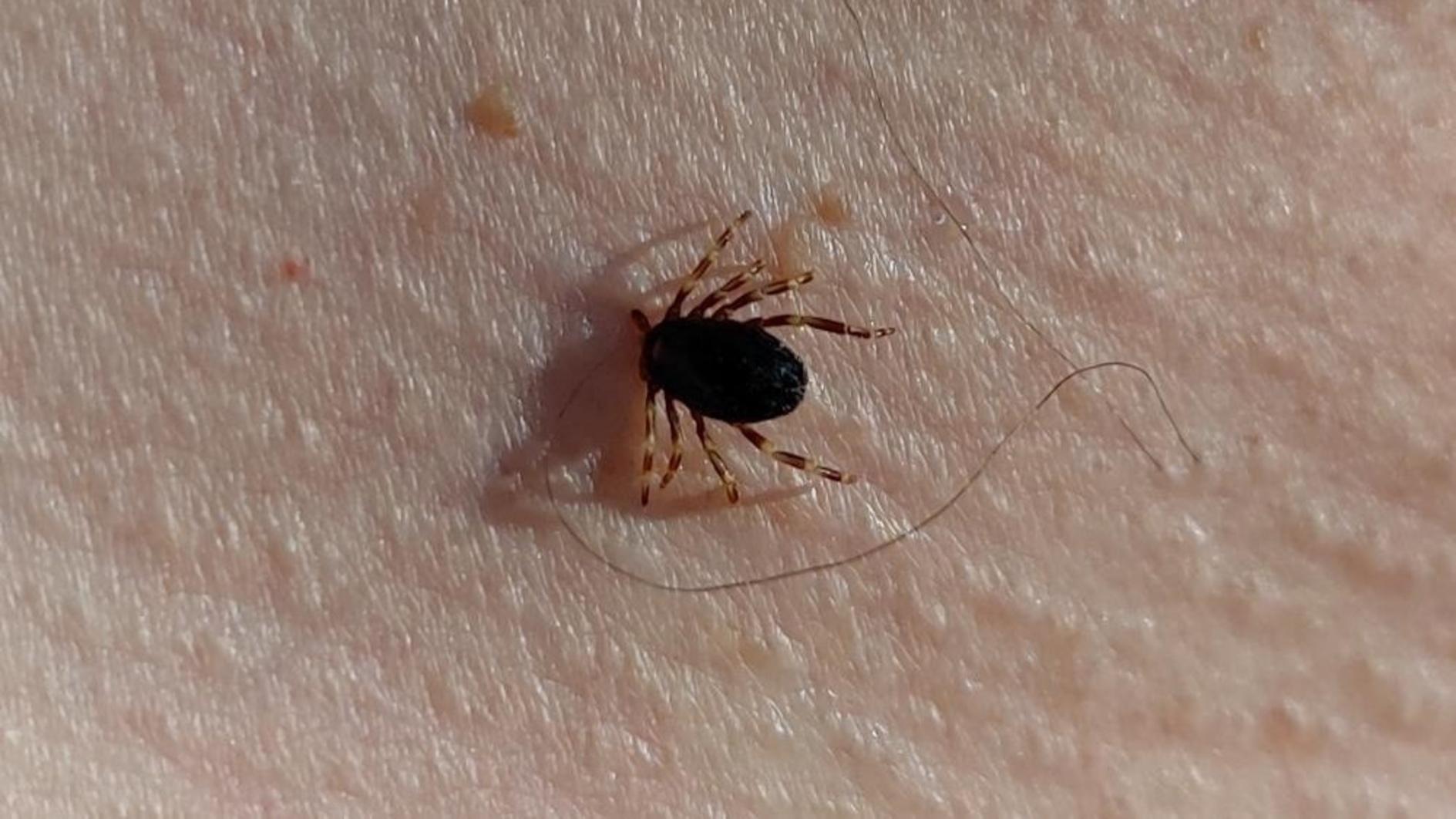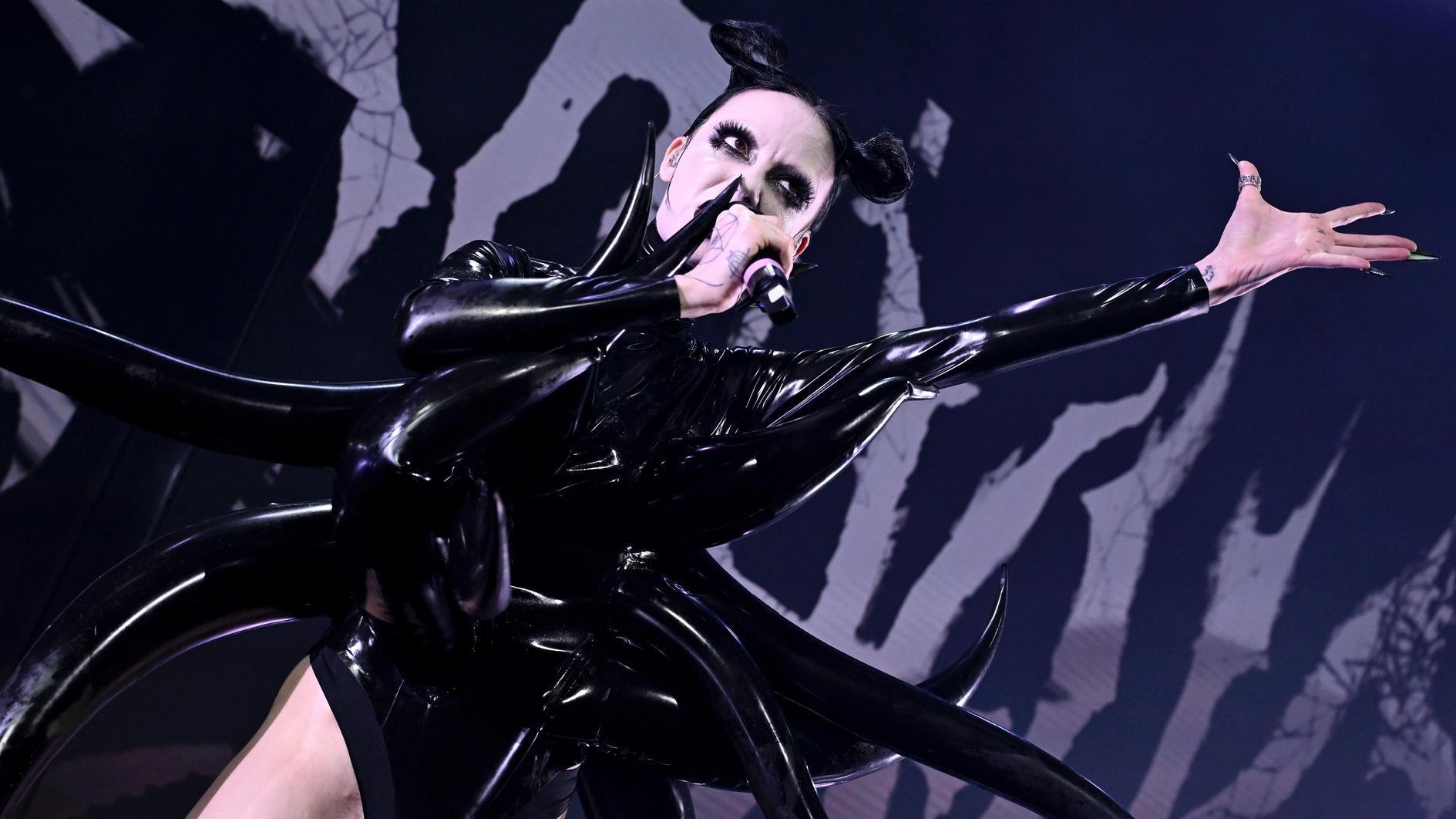Censorship leaves us no other option but paper marbling
I have selected art censorship cases from the past three years for you. I selected them because if I had tried to list them all, the whole page of this newspaper would not be adequate. Here they are; let’s talk after you go through them.
The Office of the District Governor in the southern province of Adana’s Ceyhan district canceled the allocation of a hall for the play “Çarşı Pazar Geziyorum” because it dealt with Gezi incidents.
The Office of the President of Pamukkale University canceled the gala show of the Ali İsmail documentary, which was to be shown during the Youth Films Festival.
In the exhibition titled “Yüzleşme” the paintings of three female members of the outlawed Kurdistan Workers’ Party (PKK) who were murdered in Paris were removed by the administration of the Parliament.
Statutes with figures of women and men designed for the Presidency building of Gazi University were removed. An advisor to the president commented, saying, “We wanted to break them; we couldn’t do it.”
In the 23rd Istanbul Art Fair in 2013, the section titled “Müdahale Var mı?” (Is There an Intervention?), where 66 artists participated suffered an intervention.
In the Black Sea province of Trabzon, the caricature exhibition with the theme “environment,” focusing on the commercialization of water, nuclear power plants and hydroelectric power plants (HES) was removed in a midnight operation by the mayor.
In Marmara region’s province of Bursa’s Fotofest, participant Eda Kum’s photographs of homosexual individuals were found inconvenient by the exhibition committee and were obstructed.
While the state radio and television TRT presenter was interpreting the lyrics of John Lennon’s song “Imagine” during the live transmission of the London Olympics, he skipped the verse “No religion, too” in Turkish.
The showing of the “Ekümenopolis” documentary in Enez, which focused on urban transformation, was stopped at the last moment with the “verbal orders” from the district governor.
The Office of the Public Prosecutor launched an investigation on the artists and organizers of the exhibition named “Ucube-Ebucu” opened at Eskişehir’s Tepebaşı Municipality Exhibition center for “insulting religious values.”
The sculpture that had the lion and eagle figures on the campus of Kütahya’s Dumlupınar University was removed on grounds that it resembled the emblem of the Republic of Armenia.
The showing of the documentary film named “Bir Başkaldırı Destanı: Berivan” depicting the events of Newroz in Cizre in 1992, as part of the Yılmaz Güney Film Festival in Batman was banned through the Office of the Governor, on grounds that “it contained factors that disrupted the unity and togetherness of the Turkish nation and PKK propaganda.”
Meanwhile there were attacks on galleries, people smashing art pieces, artists taken to court, people threatening artists.
Classic pieces were censored, poems were altered, films were either not shown or were restricted to +18. Censorship multiplied.
Of course, censorship did not start with this government; it has always been here. But it is adopting a dangerous turn because some kind of an intimidation policy is being exercised. Artists are made targets; auto-censorship is encouraged.
Art is trying to be abstracted from politics (at a time, actually, when it is possible to observe the history of modern arts as political history). For example, when the participants are Kurdish artists, what they perform or showcase, most of the time, are presented not as art, but as “encouraging terrorism.” The same goes with obscenity. Our moral values are always under threat.
A “social sensitivity” has risen. It has become a concept used to legitimize all censorship and attacks.
Sometimes it emerges as a swear word in Golden Orange; sometimes in the play about Goethe’s life, with the phrase “to sleep with.”
Those who use national and social values as a weapon decide what art is and what it is not. They censor, show as target, ban or sue.
We are just on the right track to stop raising new artists.
The way things stand, after a while, we will only have exhibitions of our traditional art of paper marbling.











